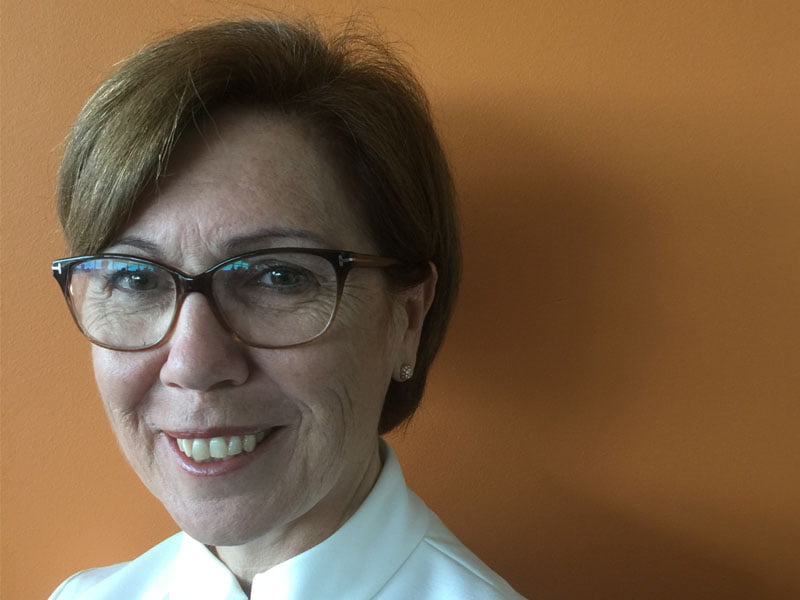A new set of prizes have joined the crowded awards scene, celebrating the innovative use of big data and the Internet of Things (IoT) in Australia.
The BigInsights Data Innovation Awards were presented at the University of Sydney on Tuesday by federal Assistant Minister for Industry, Innovation and Science Craig Laundy and the NSW Minister for Innovation and Better Regulation, Victor Dominello.
The two Liberal ministers have become something of a double act in the spate of innovation events that seem to have crowded the calendar in recent months.

Tony Abbott may say that Australians don’t want more talk about innovation and agility (not sniping, mind you), but that’s clearly not what Messrs Laundy and Dominello believe.
Craig Laundy has been Greg Hunt’s offsider only since the July post-election reshuffle.
He repeated his message of trying to encourage more collaboration between innovators and industry in Australia, and spoke at length about open data, praising Victor Dominello and the NSW Government for its efforts in that area.
Mr Dominello returned the praise, saying that the two minister were so closely aligned they were “like brothers.” There is some truth in that – their ideology and policies are very similar, they come from the same area of Sydney, and there is only four years between them.
The awards were the brainchild of Raj Dalal, founder of Big Data analytics research and advisory firm Big Insights. They were managed by Julian Day’s Consensus, which has developed and managed a range of technology awards since 1999.
Six prizes were awarded in five categories. Mr Dalal said: “While the ability to use data, IoT and machine AI has been talked about extensively, little has been discussed about benefits being realised by the early pioneers in industry and startups.
“We acknowledge and congratulate these pioneers in startups and enterprises that are using technology for driving better decision making.”
In the ‘big’ world of data, it is imperative to support a vibrant and exciting industry, hence our decision to institute these awards.”
Winners were:
- Best Industry Application of Data Analytics: Ambiata, a machine learning and experimentation system for personalised advertising.
- Best Industry Application of IoT: Internet of Light Technologies. Light Net, a system of connected intelligent lighting.
- Best Industry Application of AI/Cognitive: Strategos. Stratejos, an artificial team assistant that displays the status of projects, identifying risks and helping solve problems.
- Best Customer Insights (two prizes awarded): CellOS Software’s data revenue assurance solution; and UTS in partnership with Colonial First State, who developed a system for analysing and predicting superannuation client churn.
- Best Start-Up: Briometrix. Mobile heath devices and metrics for people in wheelchairs
Briometrix co-founder Natalie Verdon said the award was recognition of the hard work she and her team had put in over the 18 months since founding the business.
“We’ve got a medical device wrapped in a consumer device. It’s like a Fitbit for wheelchairs. It is a GPS and motion sensor that monitors people in wheelchairs.
On the medical side it’s about preventing injuries through fatigue or shock, and helping with effective propulsion, which will help their health long term. It also helps them socialise and have fun, by building a community.”
Briometrix has been entirely self-funded by Ms Verdon and co-founder Eckhard Kemmerer, with most of the ten or so employees working partially for sweat equity.
“We’re taking to some VCs and angels this week. The product is ready, but the biggest challenge has been finding the right partners.
“We’re working with Prince of Wales Hospital, Royal Ryde Rehab, the Australian Paralympic Committee, and Wheelchair Sports NSW. We’ve had that kind of buy-in. They are working with us on the development and the beta testing.
Ms Verdon told InnovationAus.com that she believed the product was unique worldwide. “We now have about 60 measures, including many clinical metrics. The only tool that does anything like this costs $20,000, and our tool will cost less than $2,000.
The device and the app are in the advanced prototype phase. We have shown that everything we said we could do we actually can do.
“The revenue will start early next year, after we launch our app in February and our Tracker in March. We hope it will be a very big year.”
Do you know more? Contact James Riley via Email.

